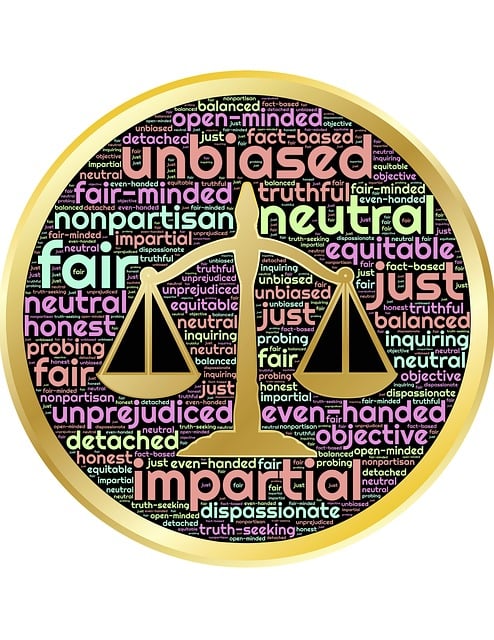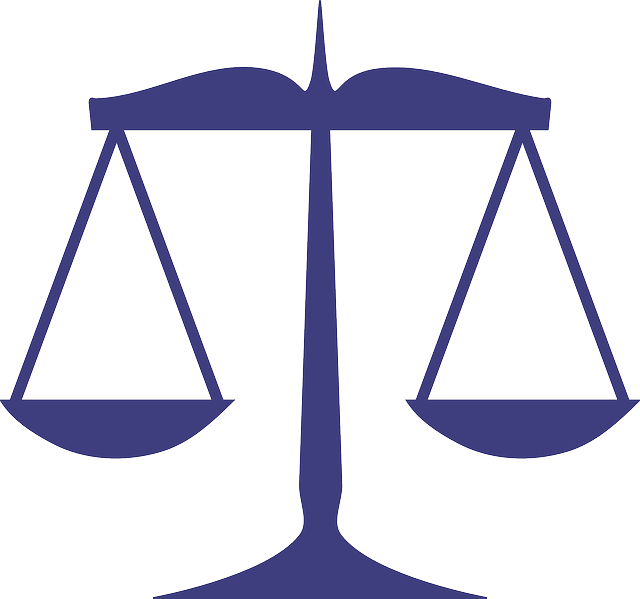The global surge in financial fraud highlights the critical role of prosecutors in combating these crimes. By prioritizing white-collar and economic offenses, prosecutors strategically allocate resources to combat identity theft, investment scams, and insurance fraud. This targeted approach brings perpetrators to justice while acting as a deterrent, safeguarding public trust in financial systems. Prosecutor discretion is vital, balancing accountability with fairness in charging decisions, ensuring effective legal system resource allocation. Combining advanced technology with human expertise, this hybrid method enhances fraud detection and successful prosecutions. The ethical exercise of discretion by prosecutors is key to achieving justice, maintaining community trust, and navigating complex criminal scenarios.
Financial fraud, a subtle yet devastating crime, demands meticulous detection. This article explores the intricate world of fraud prevention, delving into its various forms and profound impact on global economies. We dissect the crucial role of prosecutors, highlighting their discretion and accountability in pursuing criminal cases. By examining technology’s influence and traditional manual processes, we uncover effective fraud detection strategies. Furthermore, ethical considerations in prosecutor decision-making are scrutinized, emphasizing the delicate balance between discretion and justice in combating financial fraud.
- Understanding Financial Fraud: Types and Impact
- The Role of Prosecutors in Fraud Cases: Discretion and Accountability
- Strategies for Effective Fraud Detection: Technology and Manual Processes
- Balancing Discretion and Justice: Ethical Considerations in Prosecutor Decision-Making
Understanding Financial Fraud: Types and Impact

Financial fraud is a growing concern worldwide, impacting individuals, businesses, and even entire economies. Understanding its various forms is crucial to combating this illicit activity. Common types include identity theft, where criminals pose as legitimate entities; investment scams, targeting unsuspecting investors; and insurance fraud, involving false claims for compensation. The impact of such crimes is profound—it leads to significant financial losses, erodes trust in institutions, and can even destabilize markets across the country.
The role of prosecutors in addressing these issues cannot be overstated. Their discretion in deciding which cases to pursue is vital. By prioritizing white-collar and economic crimes, prosecutors can ensure that resources are allocated efficiently. This strategic approach not only helps bring perpetrators to justice but also serves as a powerful deterrent for potential fraudsters, fostering a more secure financial environment for his clients and the public at large.
The Role of Prosecutors in Fraud Cases: Discretion and Accountability

In financial fraud cases, the role of prosecutors is pivotal, balancing discretion and accountability. Prosecutors possess the power to shape outcomes, deciding when and how to charge individuals or entities. This discretionary authority is crucial for ensuring that resources are allocated effectively within a vast legal system. When wielded responsibly, it allows for the successful prosecution of blatant fraudsters while also facilitating the resolution of less egregious infractions through alternative measures.
The discretion of prosecutors plays a significant role in achieving justice and winning challenging defense verdicts. By carefully assessing the merits of each case, they can determine whether a complete dismissal of all charges is warranted, especially when clients have taken immediate corrective actions or cooperated with investigations. This approach not only promotes fairness but also fosters trust in the legal system, as it demonstrates a commitment to holding wrongdoers accountable without unnecessarily punishing those who show remorse and take responsibility for their actions.
Strategies for Effective Fraud Detection: Technology and Manual Processes

In the realm of financial fraud detection, a multi-faceted approach combining advanced technology and meticulous manual processes is essential. While sophisticated algorithms and machine learning models play a significant role in identifying suspicious patterns and anomalies, human expertise remains indispensable. Investigators must carefully analyze complex data sets, considering both quantitative and qualitative factors. This involves scrutinizing transaction histories, examining patterns of behavior, and evaluating the context surrounding each financial interaction.
The importance of prosecutor discretion in criminal cases cannot be overstated, especially in high-stakes cases involving corporate and individual clients. An unprecedented track record of successful prosecutions relies on this delicate balance between technology’s analytical power and human judgment. Manual processes ensure that every detail is carefully considered, allowing for a comprehensive understanding of the fraud, its perpetrators, and the potential impact. This hybrid approach fosters a robust fraud detection system capable of adapting to evolving criminal strategies.
Balancing Discretion and Justice: Ethical Considerations in Prosecutor Decision-Making

The role of prosecutors is pivotal in the criminal justice system, with their decisions carrying immense weight. One of the key ethical considerations they face is balancing discretion and justice. Prosecutors have the power to determine whether and how to charge individuals, which can significantly impact the lives of those involved, from the accused to victims and their respective communities. This discretion, while crucial for handling each case uniquely, must be wielded responsibly.
Ethical guidelines and legal frameworks exist to ensure prosecutors act in the best interest of justice, not just for his clients but also considering the broader implications for society at large. They must navigate complex scenarios, where a complete dismissal of all charges might not always be warranted. The goal is to achieve fairness, accountability, and integrity in the system, fostering trust among the philanthropic and political communities that rely on it.
The detection and prosecution of financial fraud are intricate processes, demanding a multifaceted approach. While technology plays a vital role in identifying fraudulent patterns, the importance of prosecutor discretion cannot be overstated. Balancing ethical considerations with the need for swift justice is essential to navigating this complex landscape. By understanding the various types of financial fraud and its impact, prosecutors can exercise informed discretion, ensuring that criminal cases are handled effectively while upholding the integrity of the justice system. This balanced approach, combining technological advancements and manual processes, strengthens the overall strategy against financial fraud.






